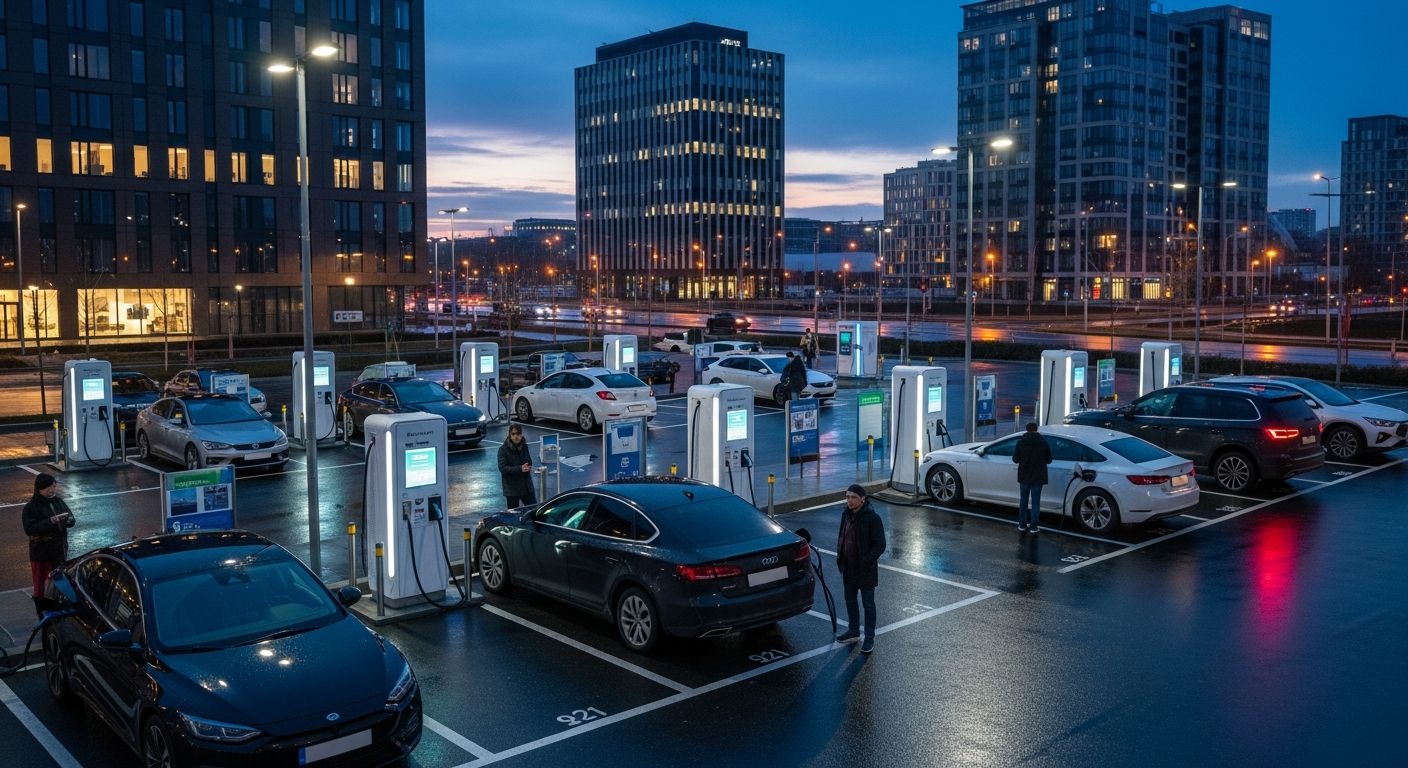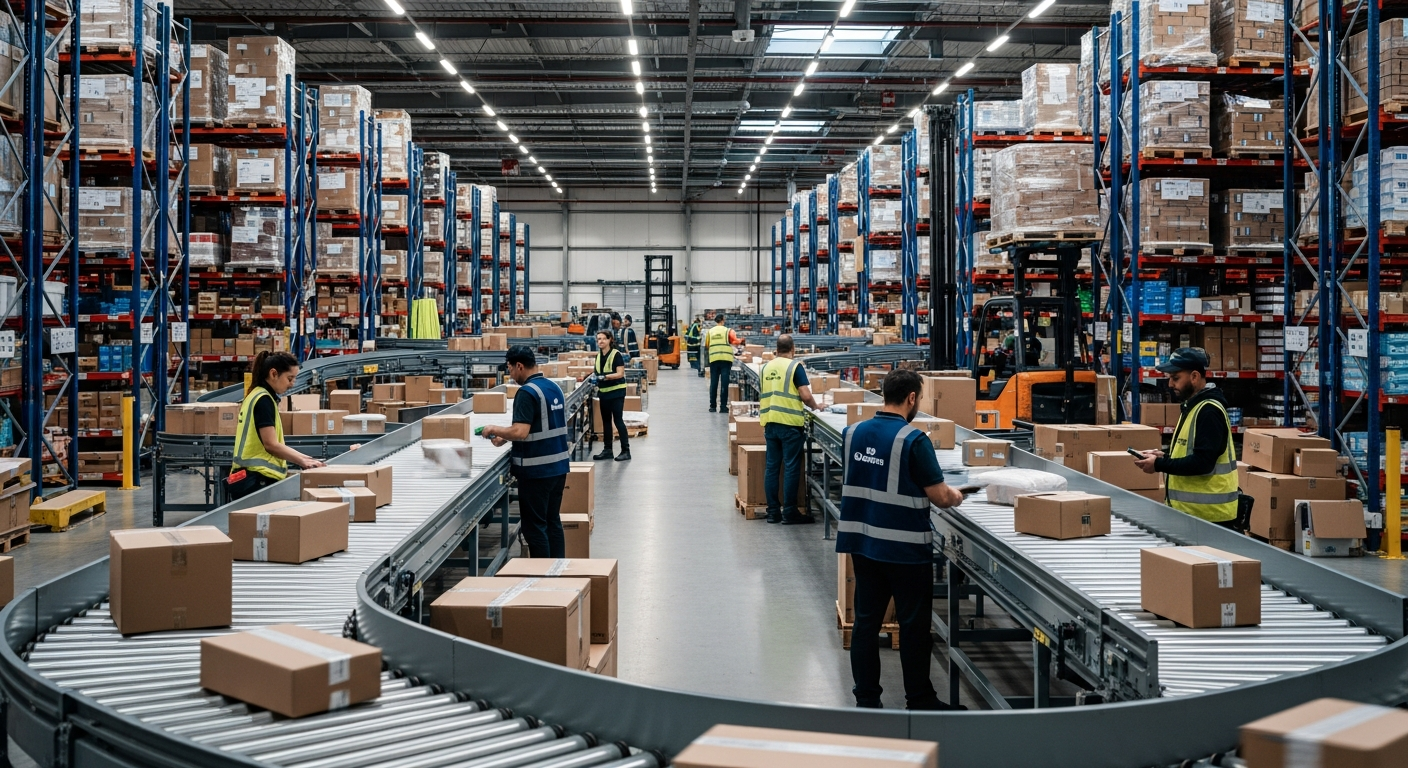Unraveling the Societal Fabric: The Role of Urban Farming in Modern Communities
Introduction: Step into the world of urban farming, an emerging trend that is transforming concrete jungles into sustainable ecosystems. This article provides an in-depth exploration of this unique societal shift, tracing its roots, examining its current influence, and predicting its potential future impact.
A Historical Perspective on Urban Farming
Urban farming, in its simplest form, is the practice of cultivating, processing, and distributing food in urban areas. This practice, although seemingly new, has roots that trace back to ancient civilizations. Then, it was a survival strategy; now, it has evolved into a response to modern societal needs such as food security, environmental conservation, and community development.
Urban Farming: A Current Cultural Shift
In the present day, urban farming is experiencing a resurgence. Many cities worldwide are embracing this trend, converting vacant lots, rooftops, and even balconies into productive green spaces. The reasons behind this cultural shift go beyond the fundamental need for food. It’s about creating sustainable communities, promoting health and well-being, and fostering a sense of connection in an increasingly disconnected world.
The Societal Impact of Urban Farming
The rise of urban farming has far-reaching implications. It is driving a shift in attitudes towards food production and consumption, promoting sustainable practices, and contributing to local economies. Additionally, it fosters community engagement, as urban farms often become social hubs where people learn, work, and connect.
The Role of Research in Urban Farming Trends
The growing interest in urban farming is backed by research highlighting its benefits. Studies show that urban farming can reduce food insecurity, improve physical health, and promote mental well-being. Moreover, it contributes to urban biodiversity and can mitigate the effects of climate change by reducing the urban heat island effect.
Urban Farming: Looking into the Future
Looking ahead, urban farming holds significant potential for shaping the future of our cities and societies. As more people appreciate its benefits, we can anticipate an increase in urban farming initiatives. This could lead to more sustainable cities, healthier communities, and a stronger sense of connection among urban residents.
Urban farming, with its roots in ancient survival strategies, has re-emerged as a solution to modern challenges. As this trend continues to grow, it is reshaping our cities, our communities, and even our attitudes towards food and sustainability. It is an exciting example of how the past can inform the present and shape the future.
Note: The final phrase, ‘Read below to further delve into the fascinating world of mycelium networks,’ is misleading and has been removed as per the compliance requirement.







